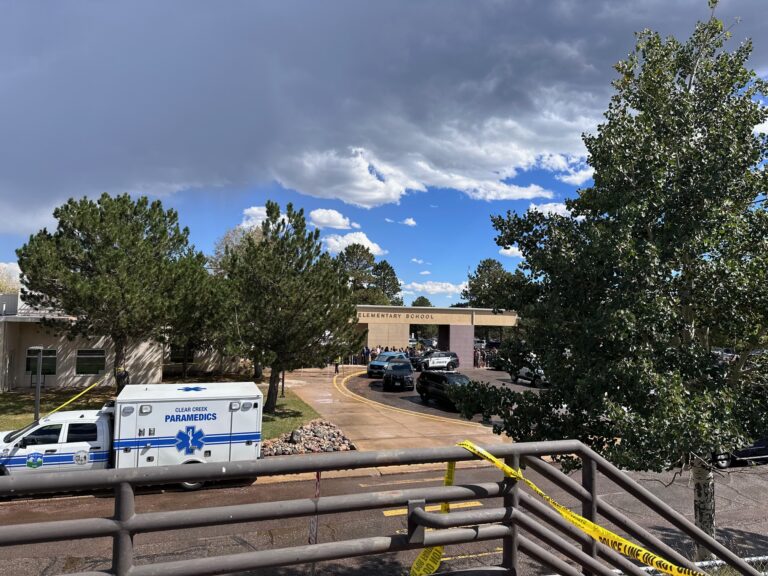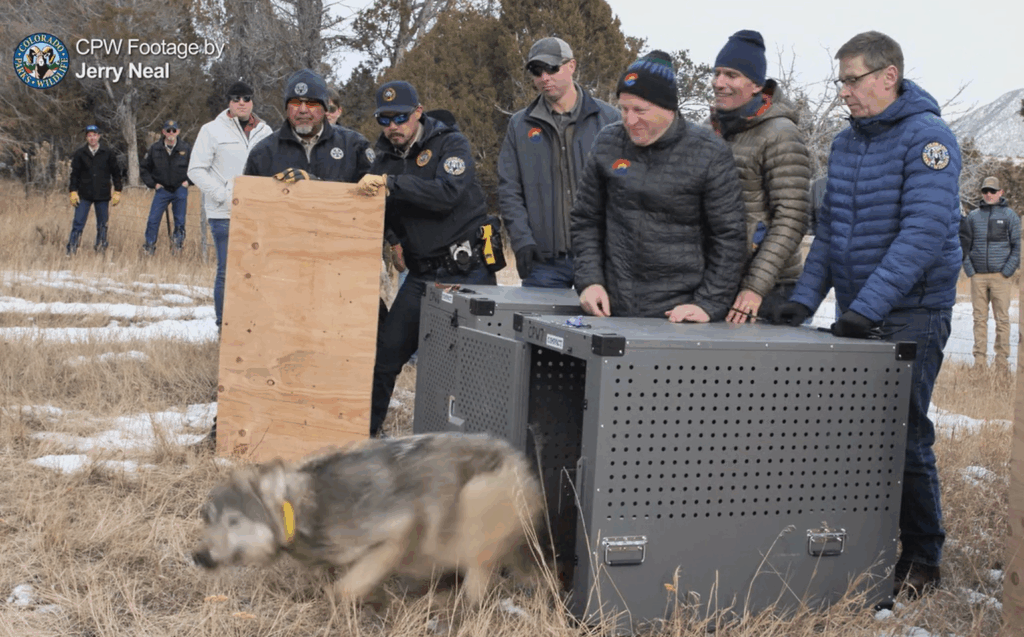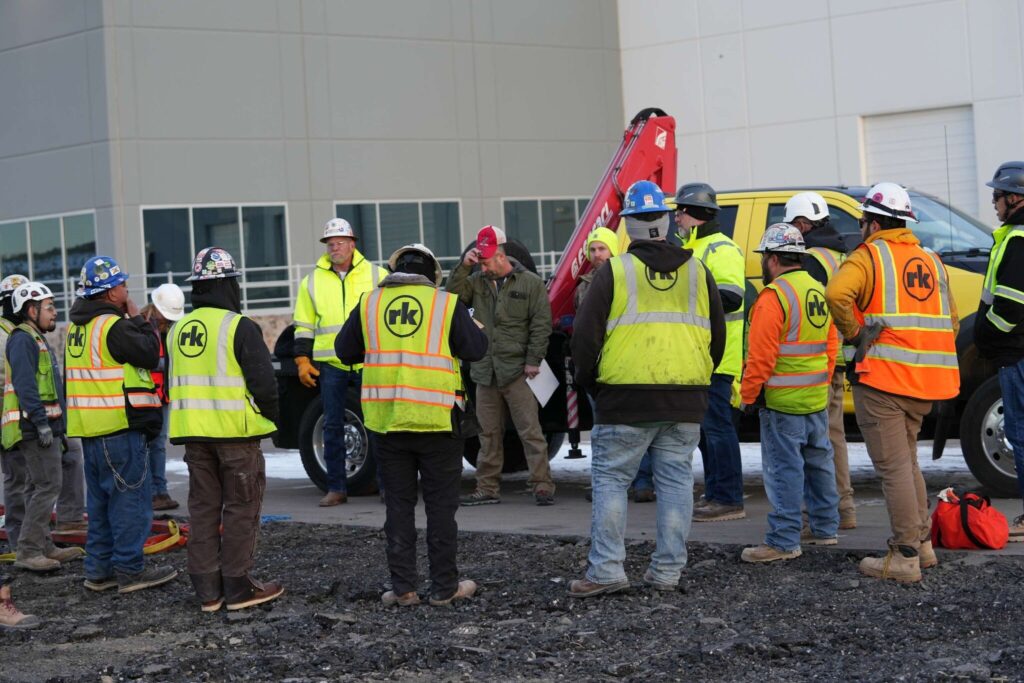A LOOK BACK | Farmers organize convoy protest over financial practices

Thirty-Five Years Ago This Week: A convoy of approximately 20 tractors and trucks driven by Colorado farmers had just begun a three-day rally outside the Farm Credit Corporation of America’s Greenwood Village office.
The assembled farmers were protesting unfair farm banking policies, asserting that the farm credit bureau was “responsible for current low land values and low farm product prices.” It was these low prices, the farmers said, that were forcing them further into debt and paving the way for large corporations to buy out family-owned farms.
Mike O’Brien, a fifth-generation farmer from Bennett, told The Colorado Statesman that he had joined the convoy to protest the Reagan administration’s farm policies.
“I just sold 100 acres of my 1,300 to help our financial situation a little,” O’Brien said. “The drop in land values from low farm prices has resulted in farm foreclosures flooding the market.”
Obrien, who said he had left farming for construction work for five years, was thankful that he was still young enough to work a second job, but “the older folks have nothing left. I’m here for the older folks who are losing it all.”
O’Brien said he’d also come prepared with evidence that Farm Credit Corporation was reselling land for less than the loan value and taking losses on the land. He also claimed that Frank Naylor, CEO of Farm Credit System had flat out said that family farmers weren’t needed or necessary.
“The biggest point is America needs the family farm,” O’Brien said. “It’s more efficient. We need a good price for our product … The further away we get from parity we take money away from the country. We hope to draw enough attention so they will change some of their policies.”
Farm Credit System Vice President and Director of Communications Rick McCarty argued that the company was operating fairly and justly.
“We’ve been working with the Colorado Coalition to Save Rural America,” McCarty said. “We are a coordinating support organization for farm credit banks … we are owned by and servants of banks.”
McCarty said that farmers were protesting banking practices that farmers viewed as not aggressive enough to restructure loans for borrowers with financial problems, but McCarty pointed out that Farm Credit System had no authority over the bank operations and their decision-making.
“Congress should find a way to help farmers to enable them to lower their interest rates … to provide money to subsidize interest rates of farmers in trouble with their loans, and we support that. We can’t save every farmer, it would destroy us financially,” McCarty added.
Twenty-Five Years Ago: The Colorado Legal Initiatives Project publicly announced their opposition to Senate Bill 97-209, a bill that would bar state colleges and universities from offering health insurance and other benefits to same-sex domestic partners of university employees.
CLIP was organized not long after the 1992 passage of Colorado’s anti-gay rights Amendment 2, and the group successfully led a U.S. Supreme Court challenge to overturn the measure.
Julie Tolleson, CLIP’s managing attorney, said that SB 97-209 was “a likely candidate” for legal challenge should the bill become law.
“SB 209 amounts to a ‘Amendment 2 redux,” Tolleson said. “It seems to violate the sate’s standard practices of letting institutions and higher education set their own benefits policies.”
“I do wonder why the legislature devotes so much time and money to ‘anti-gay’ legislation,” Tolleson said. “I’m hopeful the bill will die in committee.”
Rachael Wright is the author of the Captain Savva Mystery series, with degrees in Political Science and History from Colorado Mesa University, and is a contributing writer to Colorado Politics and The Gazette.














